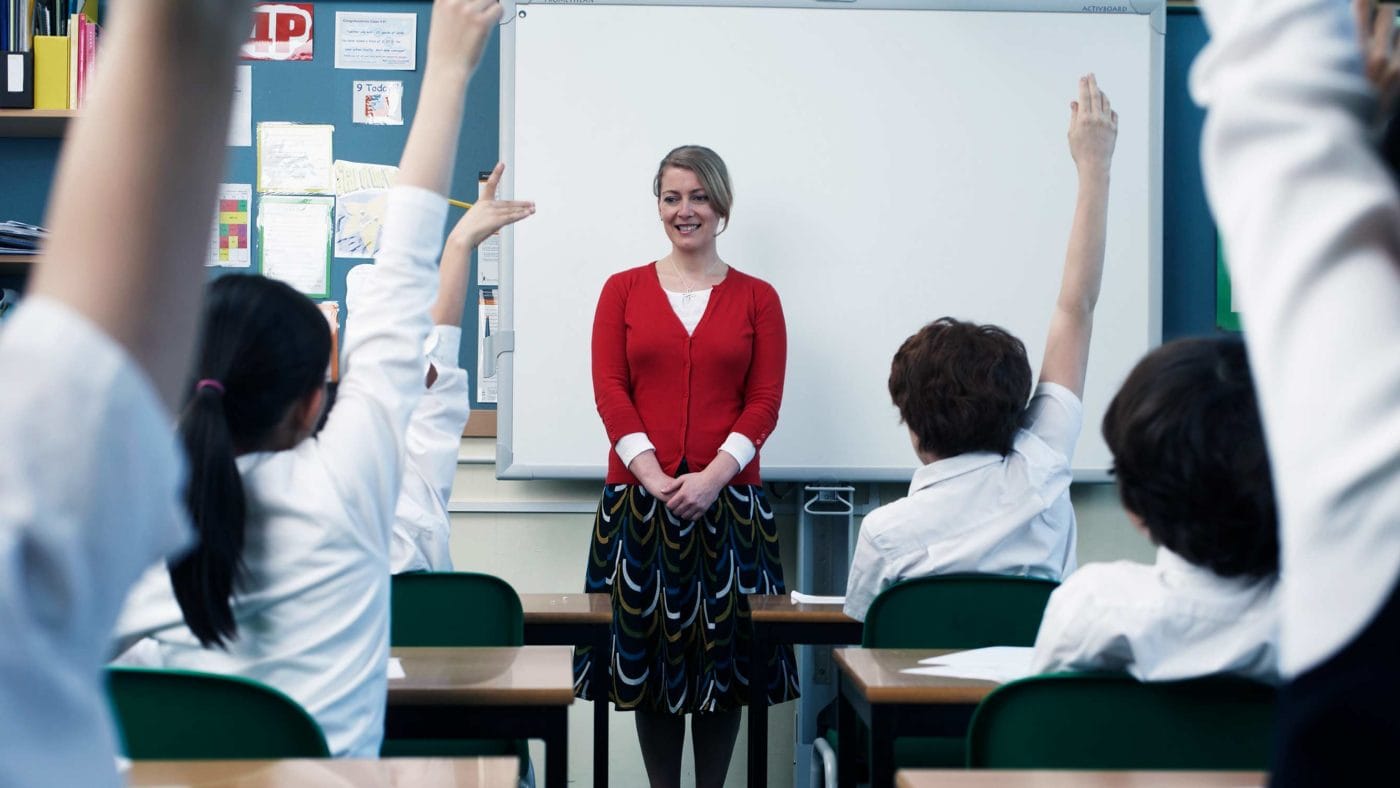Imagine you’re a headteacher back in the summer.
You’re absolutely shattered. It’s been non-stop for you and your colleagues since Covid struck. You’ve dragged yourself and your school through one of the hardest years ever: the chaos caused by omicron variant, huge staff and student absences, and so on. You also got your kids through SATs or GCSEs and so on
You even managed to pull together a budget for the next academic year that just about balanced. Part of this was down to the £4bn increase in cash coming from the Government, but it was also due to some vacancies left unfilled for September in spite of repeated attempts to find people.
Then just as you think you’re on top of things, the Government recommends a much higher than expected (but below inflation) pay rise for teachers, and energy prices go absolutely bonkers. You’re now facing a deficit and cutting back on staff numbers or student support.
It’s no wonder that those working in schools have been feeling so angst-ridden. Like everyone else it’s been a tough few years thanks to Covid, and now the cost of living crisis is biting hard too.
So it’s not surprising that the school unions balloted their members about strike action. I don’t agree with them, but I empathise with the frustration they feel. I was a teacher and headteacher for 15 years and most of my close mates are in the profession too. I get why they started down this route.
But I don’t get why they’re still pushing to strike now that the Autumn Statement has given them the extra money that they were campaigning for.
The Government had committed in 2019 to get real terms per pupil funding back to 2010 levels – remembered as a time of plenty by those of us who were in schools then. Last year’s Spending Review saw a big increase in cash promised, which at the time was enough to fulfil this promise. Then inflation took off – and it’s been even higher for schools than elsewhere – and it seemed like things were going awry.
However, savvy public manoeuvring and a revived School Cuts campaign created enough pressure for Rishi Sunak to give the magic money tree one last shake and find an extra £2.3 billion for each of the next two years. At a stroke the magic 2010 funding level was back on track for 2024. And don’t take the Government’s word for it – even the always sceptical IFS agreed.
Yesterday the Department for Education outlined how this cash would be shared out, and it looks like it will land in budgets from next September with minimal fuss or tinkering, which is great to see.
The unions, nevertheless, are still threatening strike action. They are demanding inflation-matching pay rises without any thought as to where the money will come from. To listen to the union leaders’ rhetoric, you’d think their members were facing a unique cost of living challenge, rather than a scourge that is affecting the whole country.
The mean teacher salary in 2021 was £42,358: £39,000 for a classroom teacher, £57,100 for senior leaders, and £74,100 for Heads. This might not be as good as it was or as teachers would like them to be, but they’re still really good compared to the UK average of £32,000. And of course, that’s before you add on the pension contribution of nearly 24%, which is worth another £10,000 or so on average.
With that in mind, demanding inflation-busting pay rises now just comes off as tone-deaf, and risks damaging the hard-earned and well-deserved trust that the public has in the profession. We can only hope that someone in the NEU’s leadership can read the room and think again about industrial action.
Nor will they necessarily be able to rely on unstinting public support. Sure, people might be telling pollsters they support teachers striking now, but will they feel the same way when they lose pay when their child’s school is closed and they can’t work? What credibility will staff have when they are chasing kids with poor attendance to come to school, when they’ve recently shut that same school through industrial action?
Do they really think ‘we’re striking for the good of the children’ is believable, when the last two years has made so clear just how awful the impact of school closures can be for children. Now more than ever, kids need as much time in school as they can get.
If the strikes go ahead it will add up to one massive lose-lose-lose situation – for the country, for kids, and for the profession.
I don’t dispute that things are really tough right now, but that’s even more reason why now is not the time to strike. Kids need their schools more than ever. They also need their teachers to use their political capital to highlight where the worst pressure points are, and that’s not teacher pay. It’s the struggling social care system, the waiting lists for mental health support, insufficient places in alternative and specialist provision, and so on.
I hope headteachers and others think long and hard before voting to walk out this Christmas. They have a precious place in the communities they serve. In these hard times families will look to them for support and solutions, not strikes.
Click here to subscribe to our daily briefing – the best pieces from CapX and across the web.
CapX depends on the generosity of its readers. If you value what we do, please consider making a donation.


